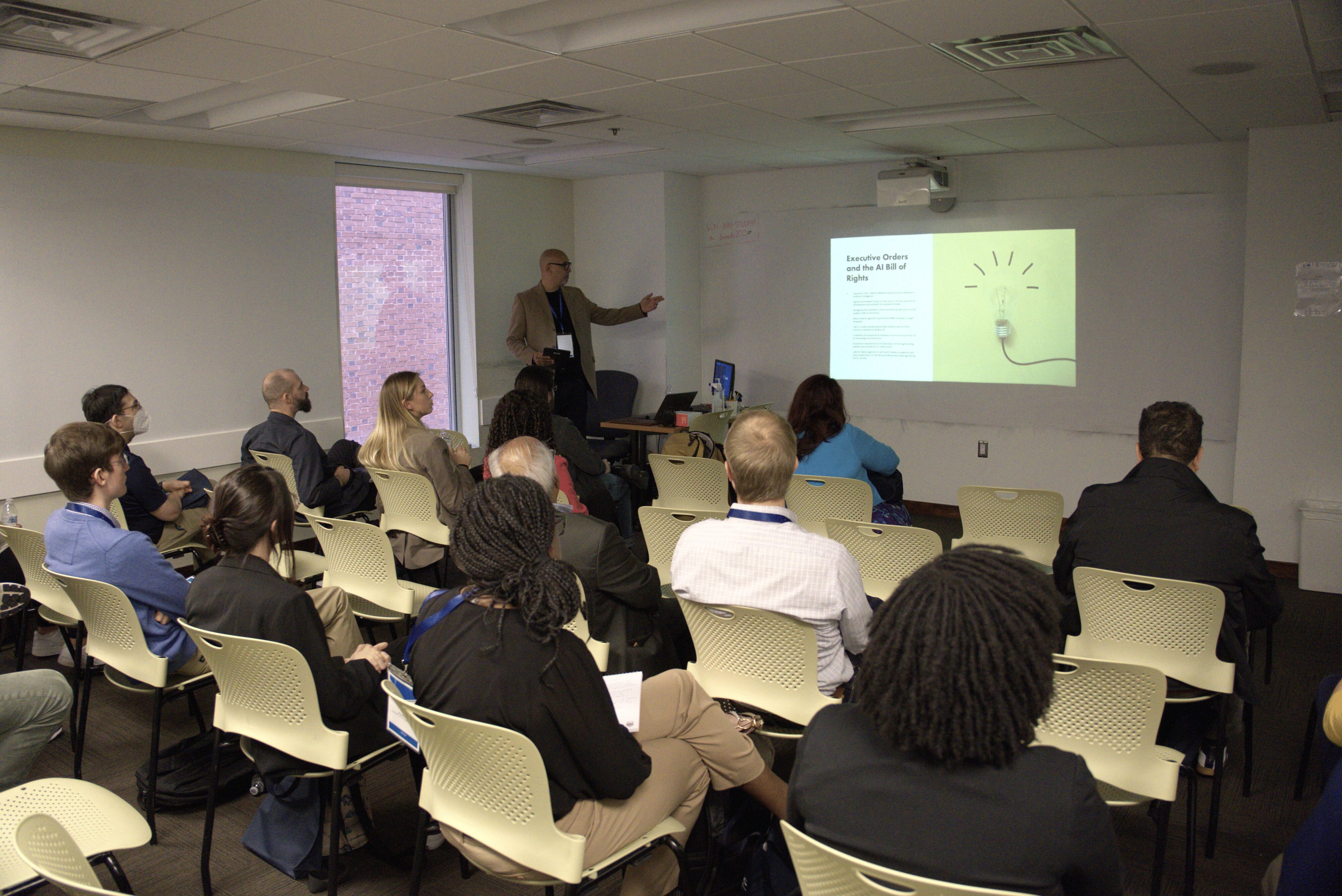The BS degree in Information Technology is earned by completing the program course requirements of 120 credit hours. Of these credit hours, 63 credits are major or core courses, 42 general education credits, and 18 pure elective credits. Students must meet their core requirements as well as their general education requirements. In addition, students must meet the following criteria:
1. Students enrolled in the undergraduate program must maintain a Cumulative Grade Point Average (CGPA) of at least 2.0 out of 4.0 to qualify for the BA degree, to remain in good standing, and to graduate.
2. The Maximum Time Frame (MTF) for completion of the BA program is 180 credits.
3. An undergraduate student may transfer up to 60 credit hours earned at accredited institutions.
4. No degree credit is received by an undergraduate for any failing grade (a grade less than D, or 1.00 out of 4.00 grade points).








